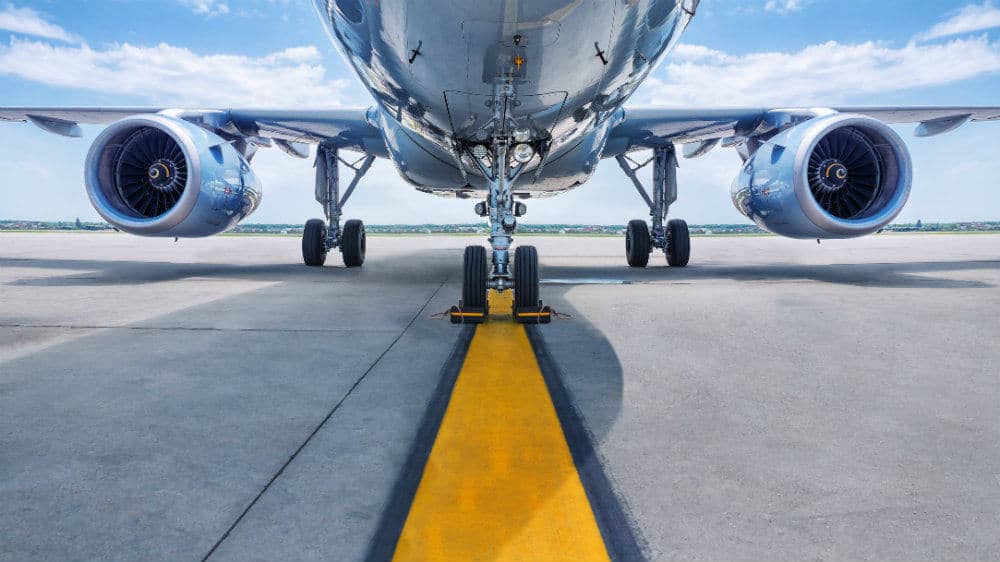When you’re climbing a giant mountain, you start at the bottom and rise to the top. For Canada’s flag carrier, it’s a long hard climb, as travel restrictions remain in place. Fitch has downgraded its rating for Air Canada (TSX:AC) to BB-minus. The rating agency sees a steeper downturn in 2020 and a slower recovery in 2021.
Meanwhile, Air Canada’s CEO Calin Rovinescu is showing frustration over the extended restrictions. He says it’s preventing the air transport industry from returning to any semblance of normalcy. The government believes, however, that it’s not yet safe.
Decisive efforts
Air Canada has taken decisive efforts to mitigate the financial impact of the pandemic. The company was able to raise $5.5 billion in fresh funds since the coronavirus outbreak to cover the losses in Q1 2020.
Pierre Houle, treasurer of Air Canada, said the company did not use its unencumbered assets in the two recent financing deals. It puts Air Canada in an excellent position in case it needs additional funds.
Reasonable action
Management is hoping for the federal and provincial governments to reciprocate. The travel sector could get back to work if both were to relax quarantine requirements and lift blanket travel bans. Rovinescu complains the steps are disproportionate already after four months of grounding.
Prime Minister Justin Trudeau is stressing that his government would be “very careful” when it comes to reopening the country’s land border to non-essential travel and lifting travel restrictions. Transport Canada also lists physical distancing as among the “key points” in preventing the spread of COVID-19.
Seat-distancing policy to end
Starting July 1, 2020, Air Canada, along with WestJet, is putting an end to onboard seat-distancing policies, despite health officials’ concerns. Both airline companies are reverting to health recommendations from the International Air Transport Association (IATA) trade group and aviation agency of the U.N.
IATA has been calling for an end to in-flight physical-distancing rules since last month. The association is proposing a range of measures, but some go against federal government policies.
Some health experts warn that COVID-19 can quickly spread in crowded airports and packed cabins. Many would-be travellers are voicing concerns, because Air Canada and WestJet do not adhere to the most important safety precaution.
Far from full recovery
The downgrade by Fitch is a warning to investors. Air Canada carries a higher risk of a turtle-paced recovery than some carriers, because of its heavy reliance on international traffic. Trans-Atlantic and U.S. trans-border travels contribute 48% to total passenger revenue, while 30% comes from domestic traffic.
Fitch also cites the high degree of uncertainty around air traffic recovery as the reason for the negative outlook. In terms of stock performance, Air Canada isn’t doing well. The price rose to $23.29 on June 12, 2020, but has fallen by 28.3%. Its year-to-date loss is 65.5%.
Give Air Canada a three-year horizon to return to regular business. Maybe the stock could even double by 2023. By then, the company would have achieved a full recovery.









